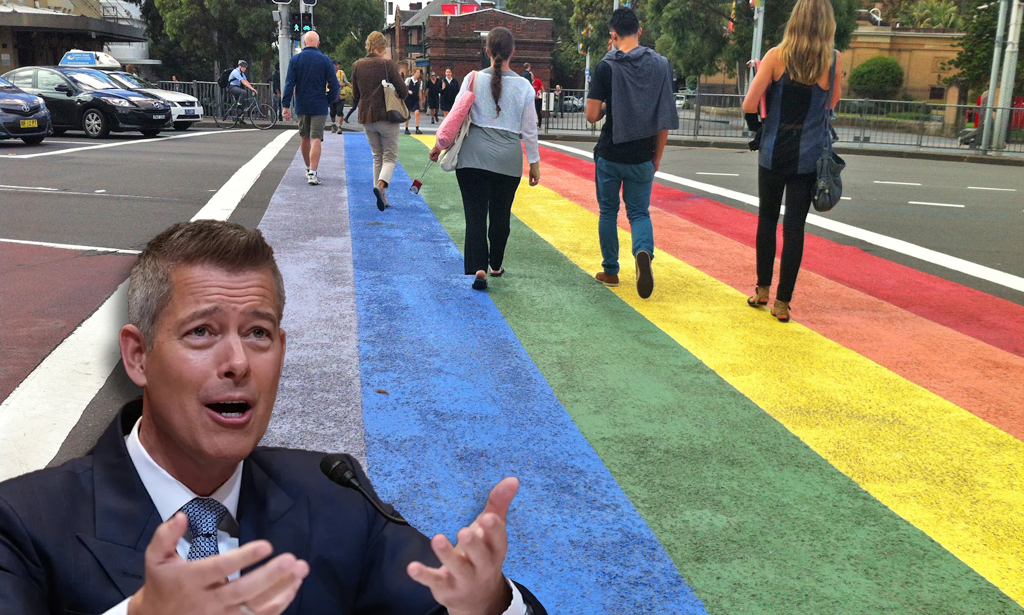You think the conflict between Uber and regular taxi drivers -- and cities like Seattle -- is bad? Check out how new taxi apps in China are upending the transportation system and central economic planning. Meanwhile, in Houston, a flea market has brought revitalization without gentrification to a depressed area near the airport, and now an urban design firm is bringing in pop-up infrastructure like mobile libraries and grocery stores, along with sidewalks and bikeways. And Californians are proving that the culture shift away from the automobile and toward other modes of transportation is happening -- maybe even faster than we'd thought.
And for a real downer, check out U.S. DOT's big idea about how to hold states accountable for better safety outcomes -- by not holding them accountable at all.
Enjoy this week's podcast, subscribe on iTunes, follow the RSS feed, and talk at us in the comments.





